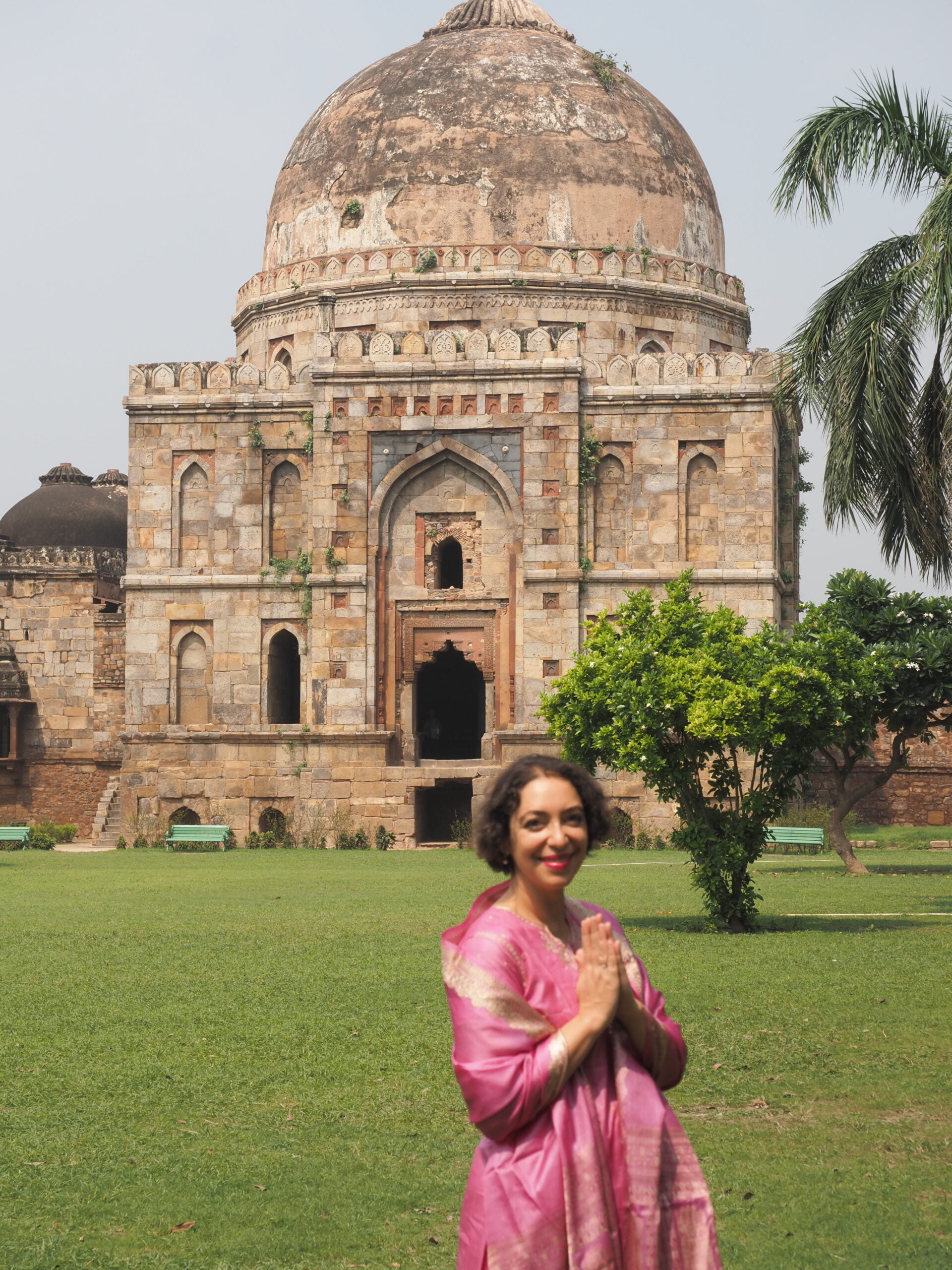“It’s god’s will, and sometimes that is beyond the comprehension of our mind.”
These were the words of my Indian friend, as he shared with me his thoughts after a tragic event. The son of one of his employees had met with a car accident. Gravely injured, the boy had been rushed to the emergency room of a local hospital in New Delhi.My friend was trying to manage his own emotions and obvious sadness, while simultaneously providing much-needed support to his employee.
A few days later, sadly, the young boy died.
As my friend shared the awful news with me, he said, “You always have to keep faith in God. It is he who makes the thunder roar and also listens to the sigh of a butterfly.”
Strangely, my friend appeared composed, even peaceful, at this moment. It was as if he had managed to convince himself to accept the cruel workings of fate. The way he handled his emotions seemed so natural and intuitive. His words were filled with hope and meaning, even as he was forced to confront the horror and pain that come from the untimely loss of human life.
This incident is a telling example of how India continues to surprise, teach and inspire me.
During my time here, I have found India to be a land of stark contrasts – extreme poverty on one hand, and immense luxury on the other. Everyday actions and behaviours are infused with a timeless spirituality, which seems to arise organically.
My host country’s culture is shared by millions of people and has been shaped over thousands of years. As I marvel at this rich heritage, I am struck by how it simultaneously feels unique yet familiar, common yet exclusive.
I ask myself: What can I learn from this cultural tapestry? Are there relevant lessons here for me, as a coach and as a person?
As I reflect on these questions, I find myself thinking of the customary greeting in India. Namaste, said with both palms joined in front of the heart chakra, colloquially means “hello” or “hi”.
However, the true meaning of Namaste is “I bow to the divine in you”.
The intention behind this greeting is deeply profound. Recognizing and respecting the sacredness in other people encourages us to remain humble, be empathetic and practice kindness.
For instance, when I join my palms and say Namaste to people who work in the service or hospitality industry, I bow to them in acknowledgment of the common divinity that runs through us. This moment brings into focus all that we share, despite our differences, serving as a precious reminder for mutual respect and compassion.
This, then, is the learning I take from India today, integrating it into my coaching practice.
Filled with the authentic spirit of Namaste, I bow to the divine in my coachee, no matter how different or puzzling they might appear to me. I am also reminded that there are sparks of greatness in my coachee. By leveraging these sparks through gentle handholding and valuable insights, I can help them move to a higher level and achieve their full potential.
So it is that Namaste inspires my coaching anew!



